There were a couple of major goals I had for the course, and I think that they came together really nicely.
- I wanted to develop a vocabulary for these students to talk about gender identity, biological sex, gender performance, and sexuality.
- I wanted to interrogate and trouble their assumptions about what those categories might have meant for Shakespeare within his contemporary setting.
- I wanted them to think about how form (such as genre) might offer Shakespeare ways to produce competing theories of gender, sex, performance, and sexuality.
- I wanted to interrogate and trouble their assumptions about what those categories mean for us as we use Shakespeare in our own culture.
I did introduce these students to literary theory and criticism, so this course might not be appropriate for all high school students. This is a sort of cross-over class between high school and college-level. The theorists we focused on the most in order to establish our vocabulary were David Halperin (How to Do the History of Male Homosexuality) and Judith Butler (Gender Trouble). I wove short passages of both of these in organically into the classroom instead of establishing the vocabulary right away. I think that this was best because we sort of led up to Butler. By the time we got there, they were ready to hear the revolutionary idea (for them) that their inwardly felt, "natural" sense of gender identity might be an internalized construct that comes from social norms.
In the place of an original identification which serves as a determining cause, gender identity might be reconceived as a personal/cultural history of received meanings subject to a set of imitative practices which refer laterally to other imitations and which, jointly, construct the illusion of a primary and interior gendered self or parody the mechanism of that construction.
Broadly speaking, I grouped my course into six units:
- Twelfth Night and the querelle des femmes pamphlet wars
- As You Like It and Puritan polemics against theater and clothes
- Antony and Cleopatra and the "tragedy" of female authority
- The sonnets in the contexts of desire
- Cymbeline and advice manuals to women
- Portia and Mary Frith: cross-dressed women and the law
As you can see, I was working across a generically diverse range of plays so that I could get at that third goal in my course: consider how form affects the discourse about gender for Shakespeare. We began with the comedies, proceeded to a tragedy, and then sonnets. We ended the course with more nebulous genres such as romance and then a play that is often categorized as a problem play.
I will talk about these projects at greater length in upcoming posts, but I want to say briefly here that I really liked this twin approach to the course. Starting from our contemporary moment and looking back (on one hand) and starting from the historical debates contemporary to Shakespeare and then looking forward (on the other hand) really helped to destabilize narratives that the students had constructed about both the "progress" of history and the absolute difference between Shakespeare's day and our own.
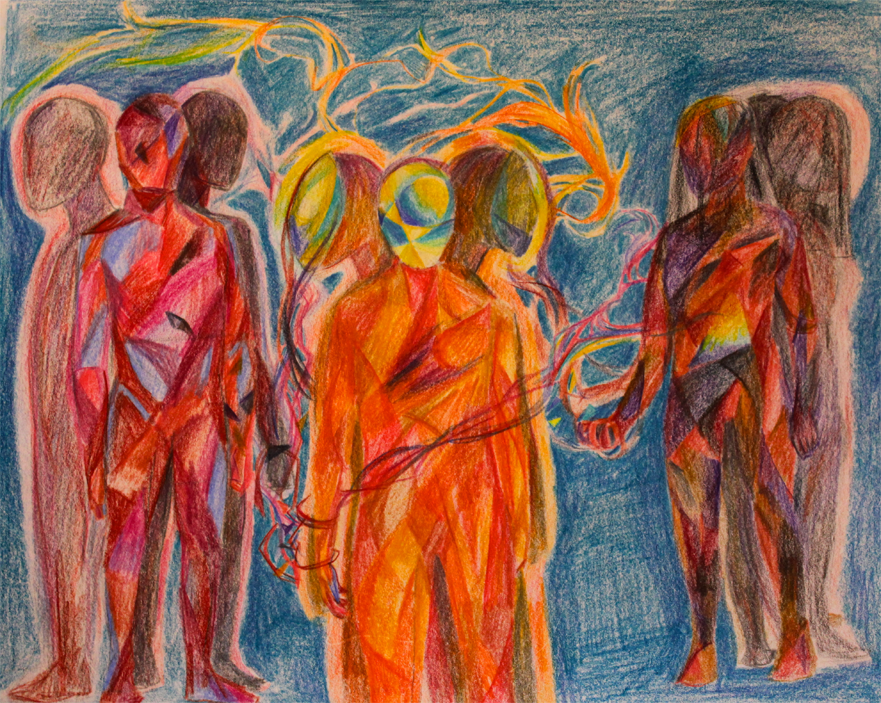

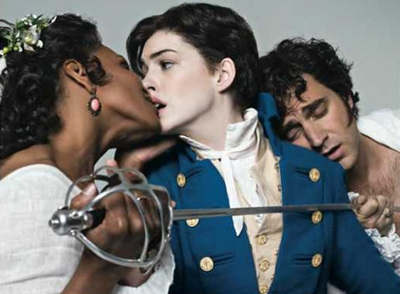
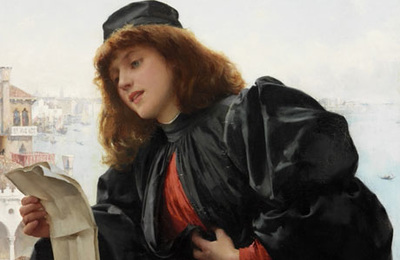
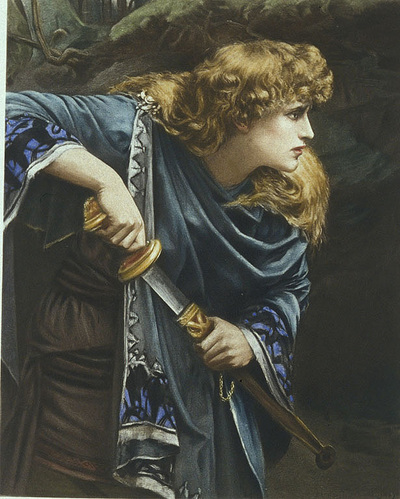
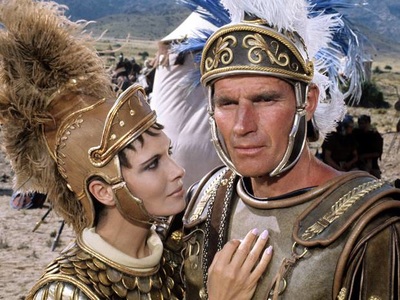
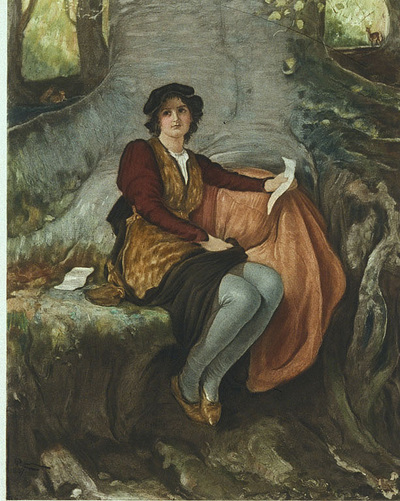
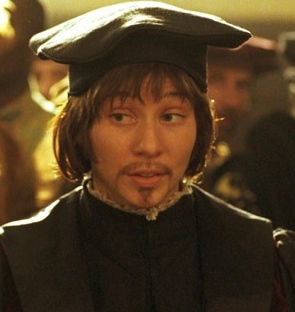
 RSS Feed
RSS Feed